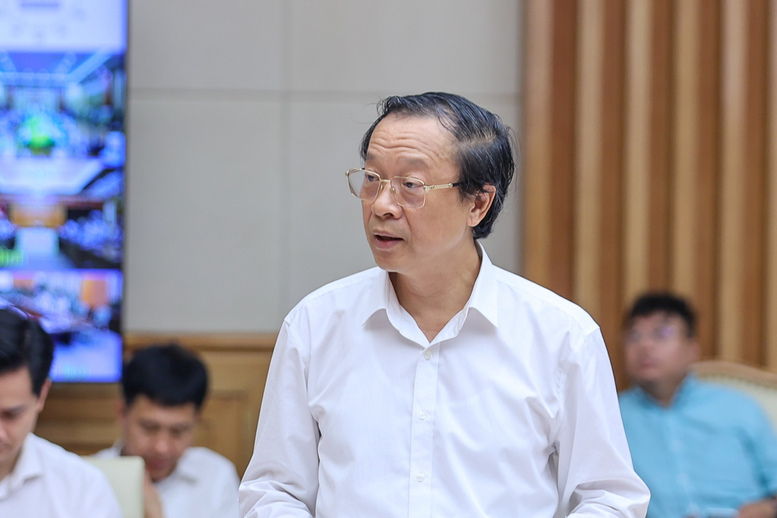
Deputy Minister of Education and Training Pham Ngoc Thuong speaks at the meeting - Photo; VGP/Nhat Bac
On the morning of August 4, Prime Minister Pham Minh Chinh , Head of the National Steering Committee for Semiconductor Industry Development, chaired the second meeting of the Steering Committee. At the meeting, members of the Steering Committee focused on assessing the implementation of the Conclusion of the first meeting and proposed key tasks to continue promoting the development of this strategic industry.
One of the focuses discussed was training and developing high-quality human resources - a factor identified as key for Vietnam to gradually master the value chain in the semiconductor industry.
Deputy Minister of Education and Training Pham Ngoc Thuong said that immediately after the Prime Minister's conclusion at the first meeting, the Ministry promptly issued an implementation plan with many specific tasks and synchronous direction throughout the industry.
Accordingly, the Ministry has instructed higher education institutions to develop a project to establish a basic semiconductor laboratory to serve human resource training. Up to now, 9 higher education institutions have completed the project and sent it to the Ministry. These proposals have been compiled and submitted to the Ministry of Planning and Investment (now the Ministry of Finance), where an Appraisal Council has been established for detailed assessment.
The Ministry of Education and Training has instructed schools to develop a project to train highly qualified human resources for the semiconductor industry. The implementation content closely follows Decision 1017/QD-TTg of the Prime Minister, with three specific, transparent, and synchronous instructions sent to training institutions.
On May 13, 2025, the Ministry officially issued the standard training program on semiconductor microchips - an important step towards unifying and standardizing the content and quality of training across the industry.
Currently, the Ministry is continuing to direct and guide universities to review training programs and projects according to semiconductor training program standards to participate in implementing Program 1017.
Not only stopping at policies and programs, the recruitment of STEM and semiconductor majors has also recorded positive changes. The Ministry has directed training institutions to open semiconductor training majors, update and pilot semiconductor programs, and review the registration of university enrollment quotas.
Notably, in 2025, the number of candidates registering for their first choice in STEM majors reached 222,454, an increase of 41,881 candidates registering for this major code compared to the previous year. The Computer Science and Information Technology majors had 54,359 candidates registering for their first choice, an increase of 2,183 candidates compared to the first round in 2024. The Artificial Intelligence major also witnessed strong attraction with 2,754 candidates registering - a number far exceeding the previous year.
According to the Ministry of Education and Training, this is a signal showing that the trend of choosing majors related to the semiconductor industry is becoming increasingly clear, reflecting society's growing interest in this cutting-edge technology field.
At the same time, the Ministry is actively coordinating with domestic and foreign universities and enterprises to create spaces, seminars, and forums to exchange experiences on semiconductor chips and train human resources.
In addition to the achieved results, the Ministry of Education and Training also frankly acknowledged some current problems, especially the uneven capacity and experience in semiconductor training at many domestic universities, and the lack of an extensive academic, technological and international cooperation ecosystem.
To overcome this, the Ministry proposed to strengthen international cooperation in developing training programs, sending lecturers and students for exchange to learn from the experiences of advanced countries. At the same time, it emphasized the need for a coordination mechanism between domestic universities to avoid fragmentation and dispersion of resources, thereby forming a stronger and more effective training ecosystem for the semiconductor industry.
The Ministry of Education and Training also recommended that the Ministry of Finance promptly appraise and approve nine laboratory projects that have been submitted since the end of 2024. These are projects that play an important role in supporting practice, research and in-depth human resource training, helping students and lecturers access new technologies right in the learning environment.
Thu Giang
Source: https://baochinhphu.vn/chuan-hoa-dao-tao-mo-rong-tuyen-sinh-de-phat-trien-nganh-ban-dan-102250804113357545.htm







![[Photo] Closing of the 1st Congress of Party Delegates of Central Party Agencies](https://vphoto.vietnam.vn/thumb/1200x675/vietnam/resource/IMAGE/2025/9/24/b419f67738854f85bad6dbefa40f3040)






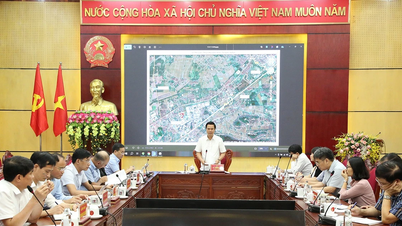

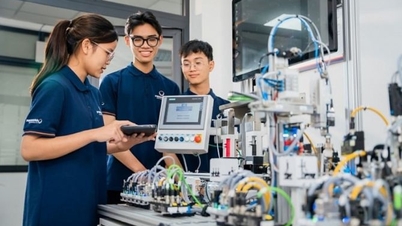






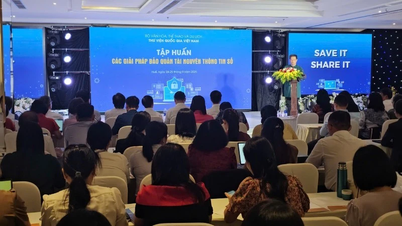








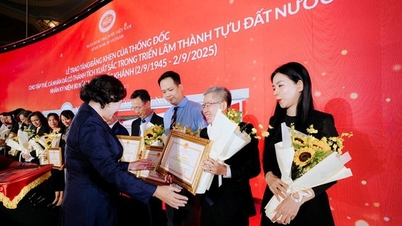




![[Photo] Editor-in-Chief of Nhan Dan Newspaper Le Quoc Minh received the working delegation of Pasaxon Newspaper](https://vphoto.vietnam.vn/thumb/1200x675/vietnam/resource/IMAGE/2025/9/23/da79369d8d2849318c3fe8e792f4ce16)












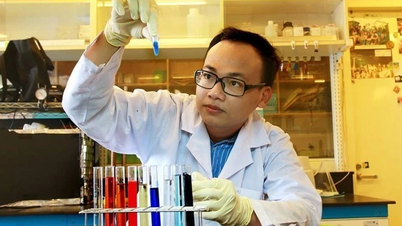






















![[Photo] Solemn opening of the 1st Congress of Party Delegates of Central Party Agencies](https://vphoto.vietnam.vn/thumb/402x226/vietnam/resource/IMAGE/2025/9/24/82a89e250d4d43cbb6fcb312f21c5dd4)


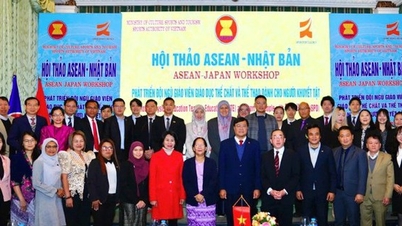

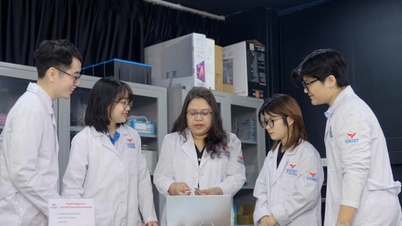


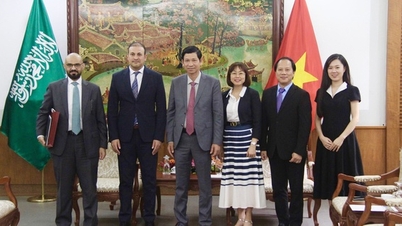









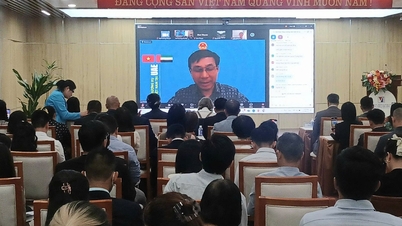










Comment (0)